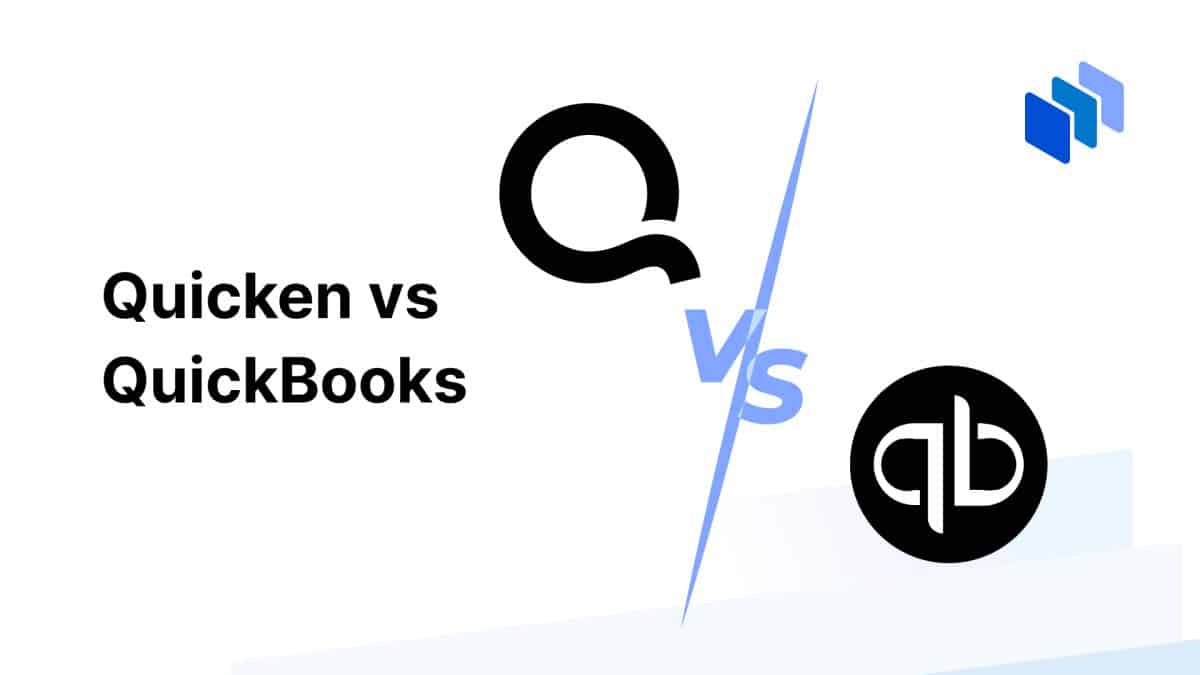
These include better portfolio analysis, comparisons to market average returns, Schedule D tax report creation, and Quick Pay digital bill payments. The Essentials plan costs $60 per month, which covers up to three users. Features include everything in Simple Start, plus bill management, time tracking, and the ability to connect three sales channels (up from one channel for Simple Start).
Should I buy QuickBooks or use it online?
Property management is a niche industry that makes Quicken unique. However, these features are only available for Windows desktop users. You can’t access them through the Mac desktop app or any mobile app. The Quicken Classic Business and Personal plan is the only product from Quicken that handles business accounting. On the other hand, QuickBooks Online offers four plans that only cater to business finances.
Are you looking to track your personal finances?
- Our mission is to help technology buyers make better purchasing decisions, so we provide you with information for all vendors — even those that don’t pay us.
- However, Quicken provides all the important details in an invoice.
- You can save 10% off the monthly subscription by opting for an annual subscription.
- Quicken provides a comprehensive solution for personal finance management that’s easy-to-use and customizable according to individual needs.
- Its affordability ensures that users can access essential financial management tools without a significant financial commitment.
- Despite the product’s name, Quicken lists Quicken Business & Personal as a personal finance product.
It’s a good way to audit exactly where your money is going firsthand. After weighing the pros and cons, as well as examining the key differences between Quicken and QuickBooks, it’s clear that both software options have a lot to offer. Another benefit of using Quicken is its ability to help with tax preparation. The software can generate reports on deductible expenses as well as estimate taxes owed. In this comparison, we will explore how each platform caters to its audience, highlighting its strengths to help you decide which one aligns best with your financial management needs.
Who Is QuickBooks Online Best For?
We also studied specific abilities such as financial tracking, invoicing, reporting and scalability. Finally, we analyzed honest customer feedback and investigated the overall value in the long term for both platforms, among other factors. It offers detailed tools for monitoring stocks, certificates of deposit and real estate, among other financial vehicles. Perks include performance tracking, portfolio analysis and access to Morningstar research. Plus, landlords can track occupancy rates, maintenance requests and more from within the software. QuickBooks and Quicken are two of the most widely used financial management tools in the world.

Depending on which product you purchase, QuickBooks can be an online cloud-based software or software downloaded directly onto your computer. When we compare quicken vs quickbooks for small business bookkeeping, QuickBooks Online is the clear winner. However, Quicken is better for businesses with a maximum of three rental properties and solopreneurs whose business activities are integrated with their personal bank and credit card accounts.
The pricing starts at $12.50/mo and offers plenty of features for such an affordable price. Quicken allows users to directly connect their accounts and download transactions right into the software. The integration is extremely accurate and even allows you to label and group your expenses so you can see where all of your money is being spent.
Moreover, Quicken’s invoice designs are static except for the colors. You can’t have unique invoice designs with Quicken since you can’t rearrange the layout. It also has extensive tax features that let you create Schedule A, B, and D reports. You can also pay bills within Quicken with its 11,500+ network of billers.
It contains all of the solution’s features and can accommodate up to 25 seats. It includes special functions like workflow automation, fixed asset tracking, and batch transactions. Its best feature is revenue recognition, which keeps track of deferred revenue automatically. This eliminates the use of spreadsheets and gives back time for other matters. Choosing between QuickBooks Online or downloading the desktop version boils down to pricing and accessibility.
Sage Intacct also integrates with other common business tools and applications to reduce duplicate inputs and provide greater visibility into the entire organization. FreshBooks’s project collaboration tools can help business owners work with their accountants for real-time financial insights. Freshbooks Payroll, powered by Gusto, a payroll and HR software solution for small businesses, is available as an add-on starting at $40 plus $6 per person monthly. In addition to all of the features offered by Plus, it provides workflow automation tools, fixed asset tracking and employee expense management. QuickBooks offers various plans to meet the needs of businesses of various sizes.
Its affordability ensures that users can access essential financial management tools without a significant financial commitment. As a personal finance software program first, Quicken includes detailed investment-tracking features that QuickBooks doesn’t offer. You can monitor portfolio performance, asset allocation, and plan for retirement with Quicken tools. Quicken is a reasonable option for real-estate investors and small businesses keeping simple finances on their laptop or desktop computers. QuickBooks is better for robust small-business accounting, billing, payroll, and other business features. Despite the higher cost, if your business is more than a small side hustle, you’re probably better off with QuickBooks.
0 responses to “QuickBooks vs Quicken: Features, Fees and 2024 Comparison”